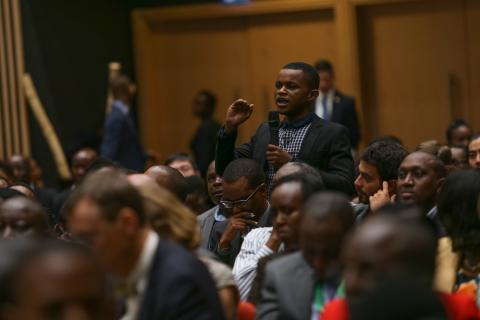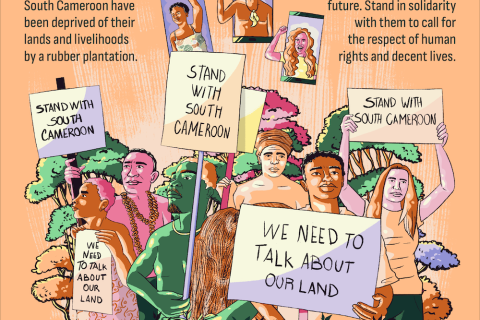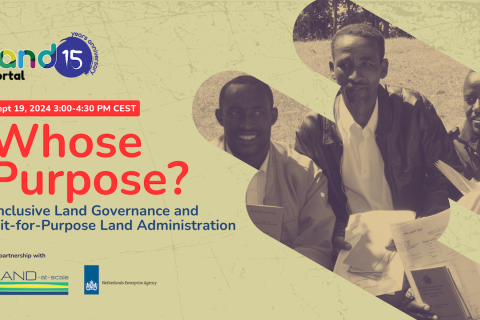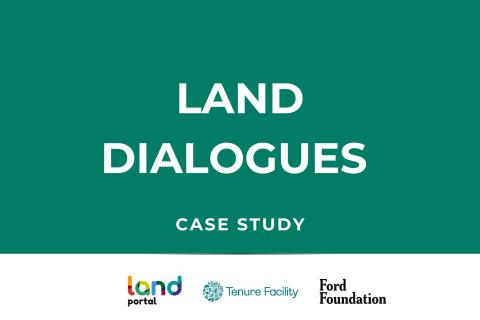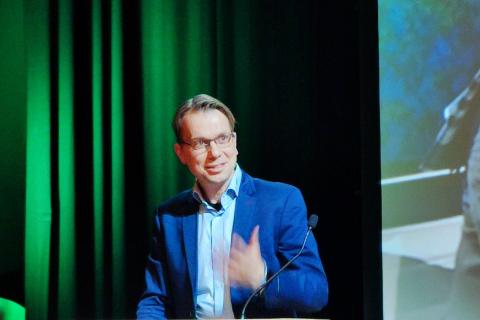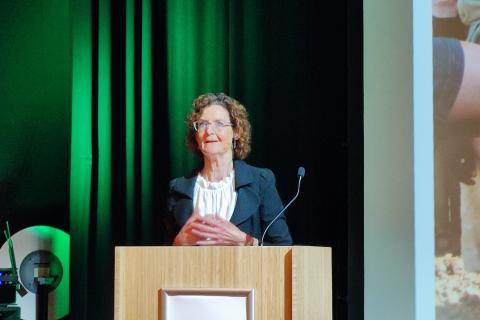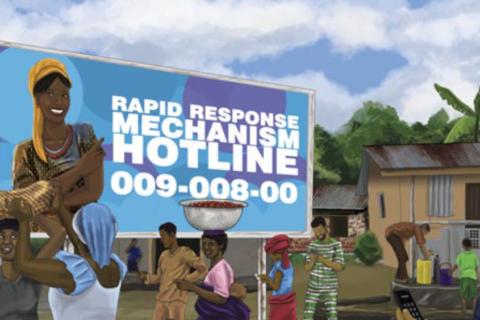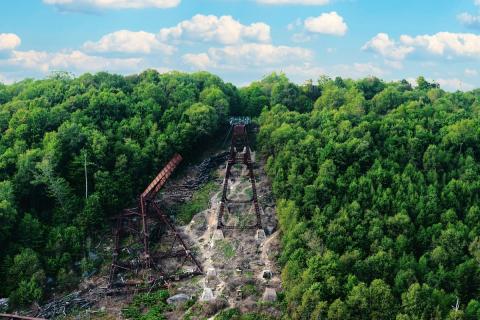Protecting Biodiversity Hinges on Securing Indigenous and Community Land Rights
In 2022, countries reached a historic agreement to halt biodiversity loss by conserving at least 30% of land and water by 2030. This marked a critical step toward protecting the world's precious remaining species and ecosystems. But that's not all: The Global Biodiversity Framework, as it's known, also explicitly calls on countries to recognize and uphold Indigenous Peoples and local communities' rights in their conservation strategies.


